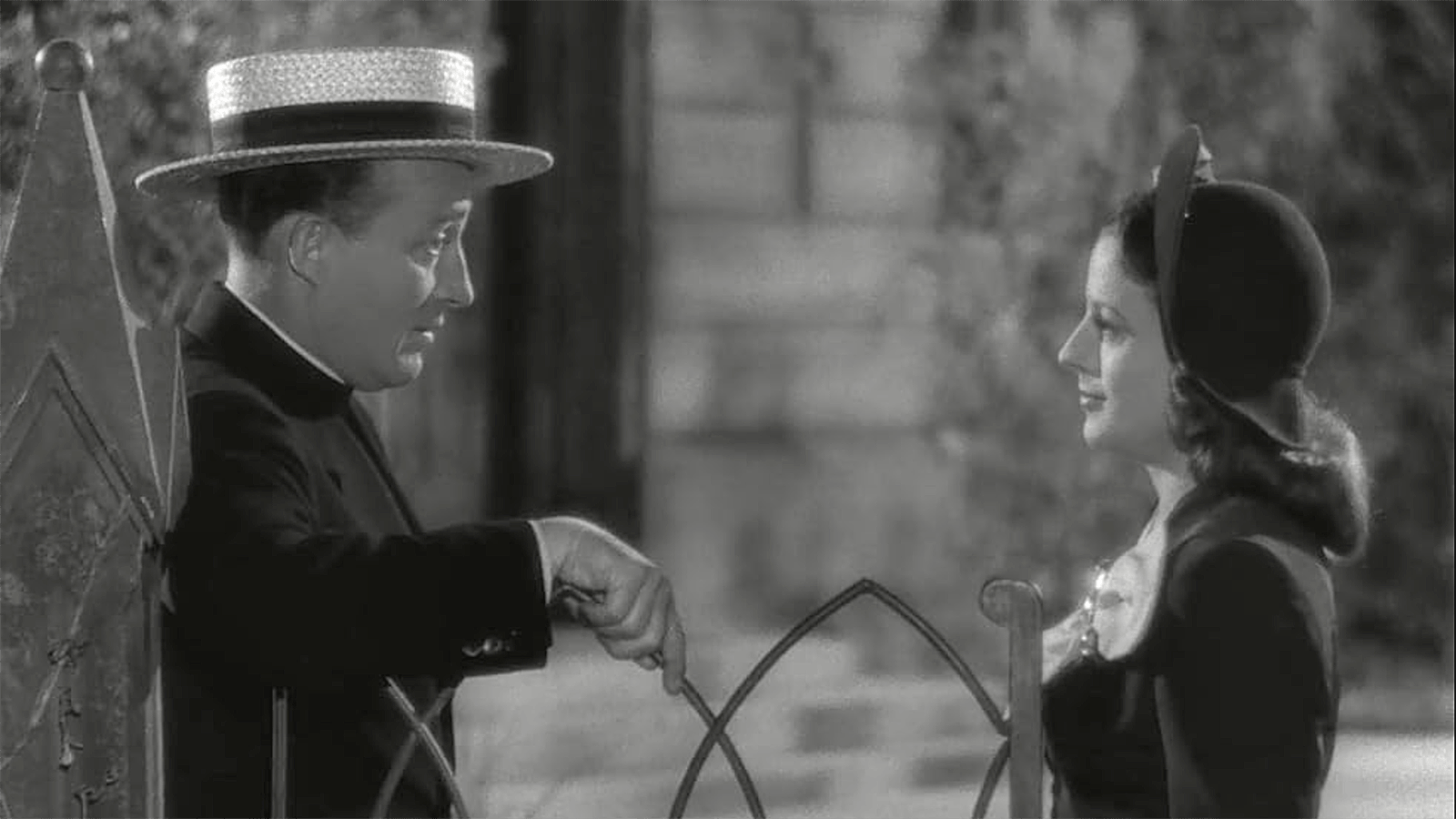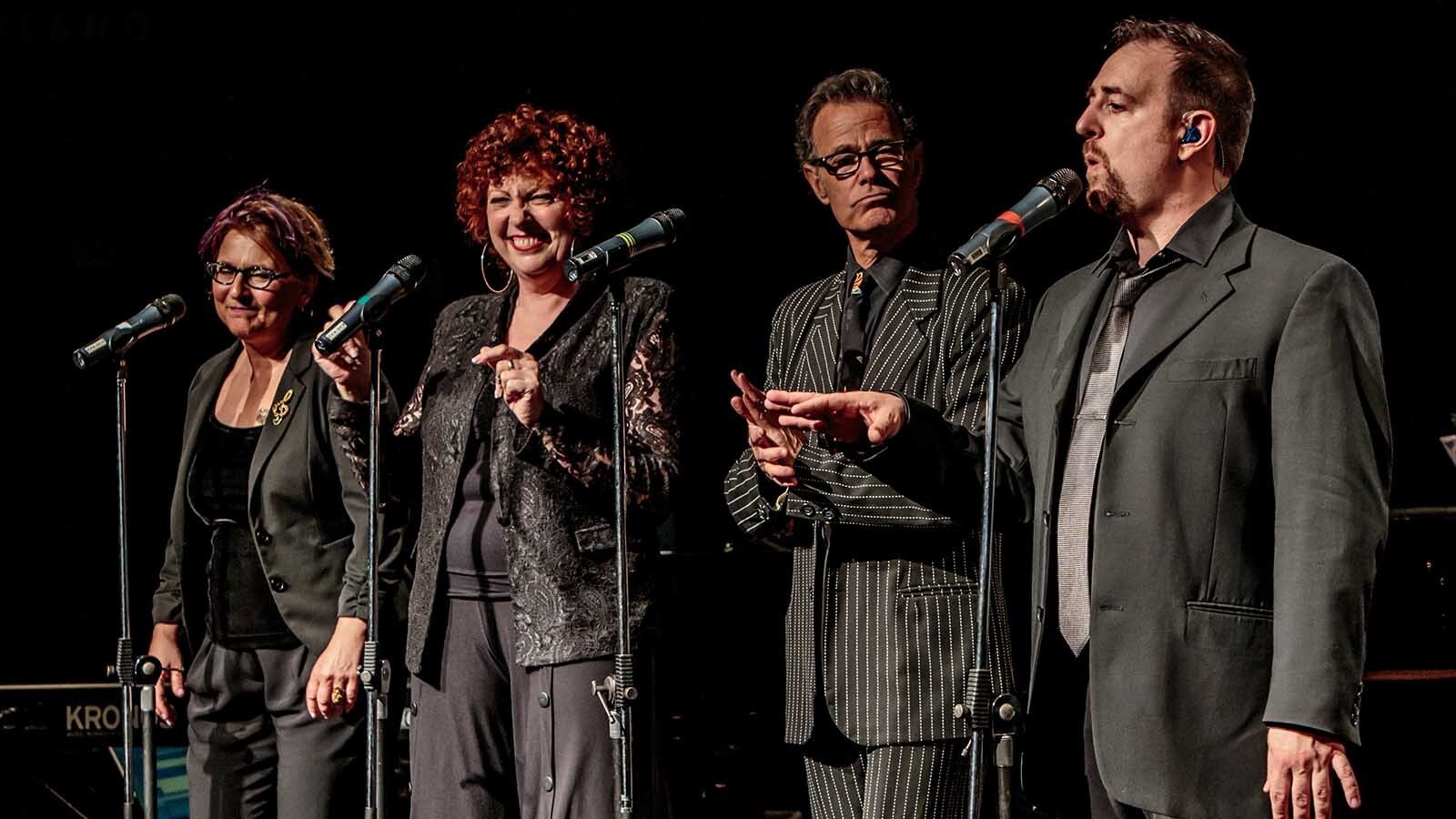My first conversation with Casper U.S. Customs and Border Protection Officer John “Dale” Leatham was as a reporter asking if I could come out to Casper/Natrona County International Airport and interview him about what makes it Wyoming’s only “international” airport.
I was shocked to learn by text from a colleague that he had passed on from this world May 17.
In late November, we first talked about my wanting to do a story on him and the airport. That conversation led me to believe he was a guy worth getting to know.
He sent my request up the chain at U.S. Customs and Border Protection. A week went by, then another. I called him back. He invited me to come out and get a lay of the land, while warning that his superiors probably would eventually deny my interview request.
So, we sat a time, and I went out to the airport to meet with Dale. What I learned was that in many ways large and small, behind the scenes and outside the notice of most people, he controlled an interesting part of the nation’s border from his roughly 60-square-foot facility on the west side of the airport.
The door and fenced walkway leading out from the lobby of the U.S Customs office to the flight line opens and closes for some 700 private and charter airplane passengers annually. Many of those who arrive would be instantly recognizable from people’s movie screens, radio playlists and covers of business magazines.
Celebrity Landings
“I get every celebrity you can think of,” he told me. “Some of these people I have been clearing for 40 years, same people. I see them as much as my neighbor sometimes.”
He kept those relationships professional and by the book, but there were signatures, photos and display items in the custom’s lobby that proved the 74-year-old had made an impact in those relationships.
Dale came to his role after working with airlines in Alaska in the early 1970s and becoming acquainted with a neighbor who was the only custom’s officer for the city. After moving to Casper and working another job for two years, the custom’s position opened up. He applied, and 48 years later was still doing what he loved.
“It is a great job, or I wouldn’t still be doing it,” he said. “We can work as long as we want, as long as we can qualify on our gun and do all the paperwork and computer stuff.”
As the only U.S. Customs officer at the facility, he made himself available 24/7, every day, unless he went on vacation. Then there were no international flights. He liked working solo.
“I’m always happy,” he said. “I never bring any drama to work.”
Leatham’s office was off to the side of the custom’s lobby with a desk, screens and the ability to monitor the exterior of the facility. All the windows are bulletproof. There was a coatrack where he hung his bulletproof vest.
In addition to the lobby, the facility had rooms for interrogation, pat downs and, if need be, a holding pen that would allow him to shackle a prisoner to a bench. He told me he never had to.
Work Process
While there with him, the phone rang. The flight crew of a private Challenger 350 jet asked if they could arrive a little early. He agreed. Every international flight had to call Leatham ahead of time to “request landing rights.”
“There is no email. You have to call to say, ‘Can we come in and land at this time?’” he said. “And I’ll say, ‘Yes, I’ll grant you landing rights.’”
But that is not the end of the process. He also required a listing of all passengers and crew who will be on a plane. Then he would run their names and information through five databases to ensure no one on a federal watch list or with a criminal record were onboard.
“If everybody clears, I call them, and I go on the computer and grant them landing rights. They can’t come in until they have landing rights,” he said.
If a certain passenger or crew member’s name popped up on a watch list, he’d grants the right to land without that person. If they ask “why?”
His standard reply was: “‘They are not admissible in the United States.’ That’s all I can tell them.”
He believed his screening process is the reason he has never had to use the lockup room.
Over the years, Leatham processed many who would be easily recognizable in the nation and world. Many of the frequent visitors presented him with gifts. Late last year he received a frame for a photo from a Kenyan woman in the shape of her country. There was a quilt on the wall from a Canadian passenger and art above the door of his office from another Canadian contact.
“Some of these people I have been clearing for 40 years,” he said.
Gordon Lightfoot’s Gift
A book on a counter in the lobby was signed by famous Canadian troubadour Gordon Lightfoot. When Lightfoot died, the singer’s wife called the Casper customs officer to tell him.
He didn’t like to drop names, but in our conversation it came out that he had cleared the prince from England, Edward, who lives in America and his family, and on at least one occasion had lunch with a former Beatle who flew in. He explained to Paul McCartney that he had to get rid of the food on the plane per customs regulations. The knighted Englishman then asked him to sit and share lunch.
Many of jet set chose the Casper airport because the runway is 2 miles long, there are no air traffic delays in and out, and in the winter the snow crew does a great job keeping the runways cleared, Leatham said.
“And there are no paparazzi,” he added.
Dale also dealt with a lot of oil, gas and uranium company jets that flew in from Canada and elsewhere. He served military jets flying back into the county and clearing through him — many from Moose Jaw, Canada, where there is a training base. He let the Thunderbirds back into U.S. airspace.
In the lobby is a map he started years ago that has pins designating where planes he cleared originated from. They cover the globe. He has even cleared planes headed to and from Antarctica.
Russian Map
The bodyguard of a Russian frequent flier became an acquaintance over the years and presented him with a map of Wyoming from the 1980s. It was in Russian.
“He said, ‘I brought this from the Kremlin for you,’” Dale said.
In his role he cleared 650 Gulfstream jets and a flight of Saudi visitors with a 777 Boeing airliner, and another time a group of seven Saudi passengers and seven crew in a 787 Dreamliner 900 that goes for $280 million.
A signed photograph to Dale from a Saudi astronaut was on his wall.
In addition to clearing each passenger and crew member, his duties involved taking a radiation detector and walking through and around the plane to ensure no radioactive devices or material are onboard.
Airplanes and passengers were not the end of his role. He frequently cleared oil rigs, trucks and equipment for Canadian oil firms coming to work in the Wyoming patch, and also vehicles that Canadian students at the University of Wyoming drove here to use while in Laramie.
Lonely Hearts
On a weekly basis, Dale dealt with Casper and Wyoming men who are regularly scammed by women overseas for big money, sometimes $10,000 or more.
“The worst part of my job is these lonesome men who try to bring in Philippine women and Russian women,” he told me. “It’s really bad. They get online and fall in love with some gal, where they want to get married.”
The woman asks for money. The men send it. And then Dale was the focus of anger on the phone, and sometimes in person, for the women not showing up.
“They are supposed to fly in, and they don’t show up,” he said. “Well, it’s my fault that they don’t show up, because (the men) are told, ‘I’m being held by customs in Casper.’”
“So, they come out here and I tell them I’m not holding anybody,” Dale said. “They can look in every room I’ve got.”
One Philippine woman told a Casper man that she had a direct flight from the Philippines to the Oil City, Dale said. When she didn’t arrive, the man received a call from his “bride-to-be” who asked for another $2,000 to clear customs. But the money needed to be wired to the Philippines.
Dale tried to educate the men. They first needed to go to the country of their wanna-be bride. He told them to take a photo of them together in that country in front of the U.S. Embassy or a known landmark. The man then needed to return to the U.S. and apply for a fiancé visa for the woman.
International Flavor
As the sole occupant of the office, Dale’s job description included interior decorator. There was a board with arm patches from different nations and military, there were token coins, glasses, baseball caps, a wooden cutting board presented to him by a logging firm in Canada, Persian rugs on the floor, and on a windowsill are 50-caliber bullets that he found on the former military base.
In a corner toward the flight-line door was a model of a B-17 in front of a photo display of his uncle Bill Sikes, who trained to fly the bombers in Casper and went on to fly 25 missions in Europe, return home, retrain and then fly 37 missions in the South Pacific on a B-29.
“He was a true hero,” Dale said.
John “Dale” Leatham was a treasure for the area. He called not 10 days before he passed from this life to talk about a story Cowboy State Daily was covering and offer a history story idea.
From my perspective and too short acquaintance with Dale, the state lost a true ambassador, and the U.S. Customers and Border Protection will find his character and service difficult to replace.
True to form, the powers that be at U.S. Customs and Border Protection denied my request to interview him.
Dale Killingbeck can be reached at dale@cowboystatedaily.com.











